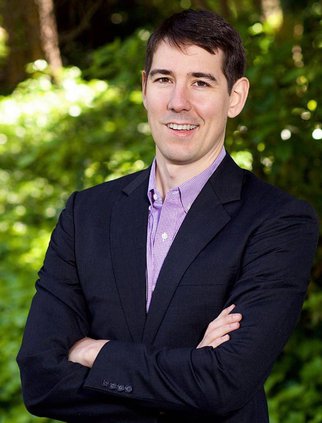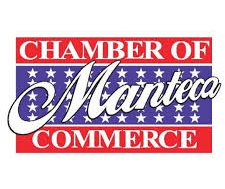Congressman Josh Harder is seeking answers from state officials as to whether the City of Ripon’s drinking water is safe and just how effective Nestle remediation efforts have been.
The now defunct Nestlé Food Corporation plant that operated southwest of the Main Street and Highway 99 interchange on Industrial Avenue produced decaffeinated coffee until it closed in 1994. The decaffeination process involved a closed loop system where solvents were distilled and recycled. Beginning in 1957, trichloroethylene (TCE) — a chemical now known to cause cancer — was used to extract caffeine. The company switched from TCE to methylene chloride (MC) in 1970. Nestle used MC in the process until 1986.
The City of Ripon recently shut down a municipal drinking water well after elevated levels of TCE-related chemicals were detected. Residents have expressed concern that a sudden increase in childhood cancers in Ripon may be connected to the Nestle contamination.
“Everyone deserves access to clean water – it’s really that simple – we just need some more information on the steps the water boards and Nestlé are taking to make sure the families in Ripon are safe,” Harder said. “News reports have indicated there will be TCE vapor testing – which is a great step, we’re interested in confirming that and getting some more information on how we can be helpful.”
Harder is pressing to make sure testing is done in Ripon for TCE vapors given that the California Office of Environmental Health Hazard Assessment confirmed that TCE air contact creates an odorless vapor which has been linked to cancer.
There has been no reported soil vapor or indoor air testing in Ripon for at least a decade.
In a letter to California Water Resources Control Board Chair Karl E. Longley, Harder has requested answers to the following questions:
Since finding traces of TCE in Ripon, Nestlé Inc. commenced remediation efforts in 1986; however, Ripon continues to find evidence of TCE today. How are the State and Regional Water Boards overseeing this process to ensure it’s managed in a timely and responsive manner?
What is the timeline for remediating TCE in Ripon’s groundwater?
Given the severity of this issue and the threat it poses on the public health, why has the State or Regional Water Board not pursued more federal assistance, including from the Superfund Program? *Based on the State’s own assessment, TCE poses a public health concern. It has been reported that your agency will require Nestlé Inc. to conduct air vapor testing. Can you confirm these plans and provide a timeline for their results?
Nestle stopped using toxic chemicals in the decaffeinated coffee making process in 1986. The firm started pumping tainted groundwater shortly thereafter to prevent it from spreading. The cleanup cost the company $6.5 million. The Nestle plant produced decaffeinated coffee from 1948 to 1986 and instant coffee from 1948 to 1994. The plant site was sold to Cal Freight in 2005.
In 2002 Nestle agreed in U.S. District Court in Sacramento to pay the City of Ripon $450,000 for fibers for placement on city wells and $500,000 to help the city develop new water wells. City wells were contaminated when wastewater leaked or spilled from city pipes.
To contact Dennis Wyatt, email dwyatt@mantecabulletin.com






